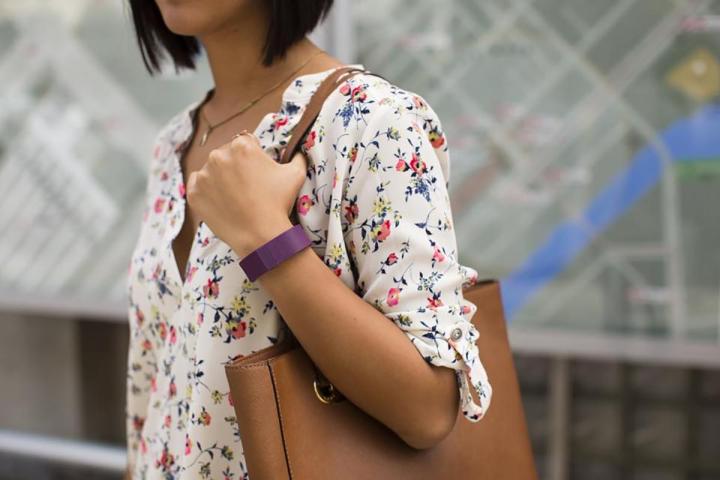
HIPAA compliance ensures that employee health information or insurance cannot be publicized or stolen, but it also covers biometric data like heart-rate, blood sugar, and other health information. Fitbit needs HIPAA compliance in order to operate inside businesses.
It is a big boost for the corporate program Fitbit offers, which has already captured the attention of Geico, Quicken Loans, and a few other America-based companies. Bloomberg reports that Target is the next on the list for Fitbit, with plans to offer its 335,000 employees in the U.S. free Zip trackers to get started.
Fitbit also plans to distribute its more premium wearables to employees, and Target will subsidize the cost.
Employees who opt into the fitness program will receive incentives to keep fit from Target, alongside information from Fitbit on their current form and what they can improve. The employees are free to access the Fitbit information inside or outside of work.
Target will also be running a group tournament later in the year. The winners can donate $1 million to a charity of their choice. This is only the first tournament involving the health tracking service. Fitbit and Target are working on fun and unique ways for employees to keep healthy.
Fitbit is one of the first wearable providers to receive HIPAA compliance, allowing the company to work with businesses on health information. HIPAA was set up to make sure personal information cannot be viewed by the public. Having this compliance could push Fitbit into the corporate market, while others are incapable of making deals with the businesses. Apple and Samsung seem completely focused on the consumer market for now.
Fitbit controls 24.3 percent of the wearable market according to IDC, but that number continues to dwindle with new smartwatches and wearables coming into the market.


